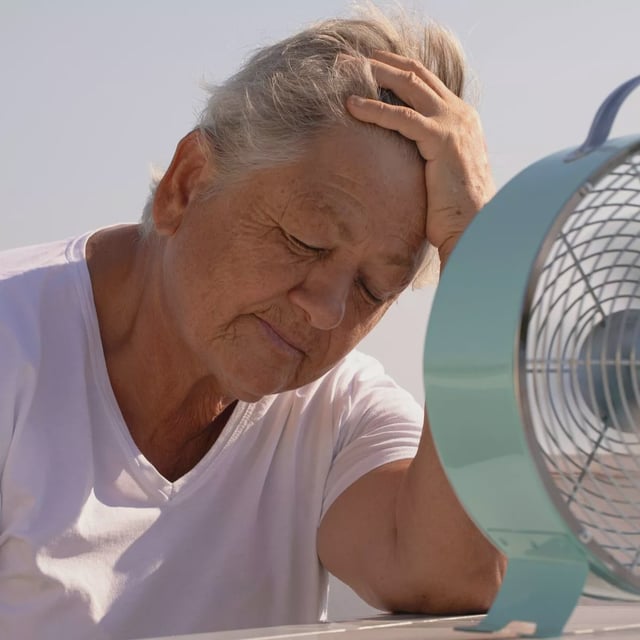Overview
- Dementia patients often fail to recognize warmth or thirst, leaving them vulnerable to heatstroke and dehydration in high temperatures.
- Caregivers should watch for flushed skin, agitation, drowsiness, refusal to eat and clammy skin as key indicators of overheating.
- Breaks in routine, like going on holiday, can expose early symptoms such as confusion about location or time and difficulties with memory and language.
- The risk of developing dementia roughly doubles every five years after age 65, making vigilance among older adults essential.
- Simple cooling strategies—including fans, blackout curtains, frequent hydration and damp towels—can help protect people with dementia during heatwaves.



